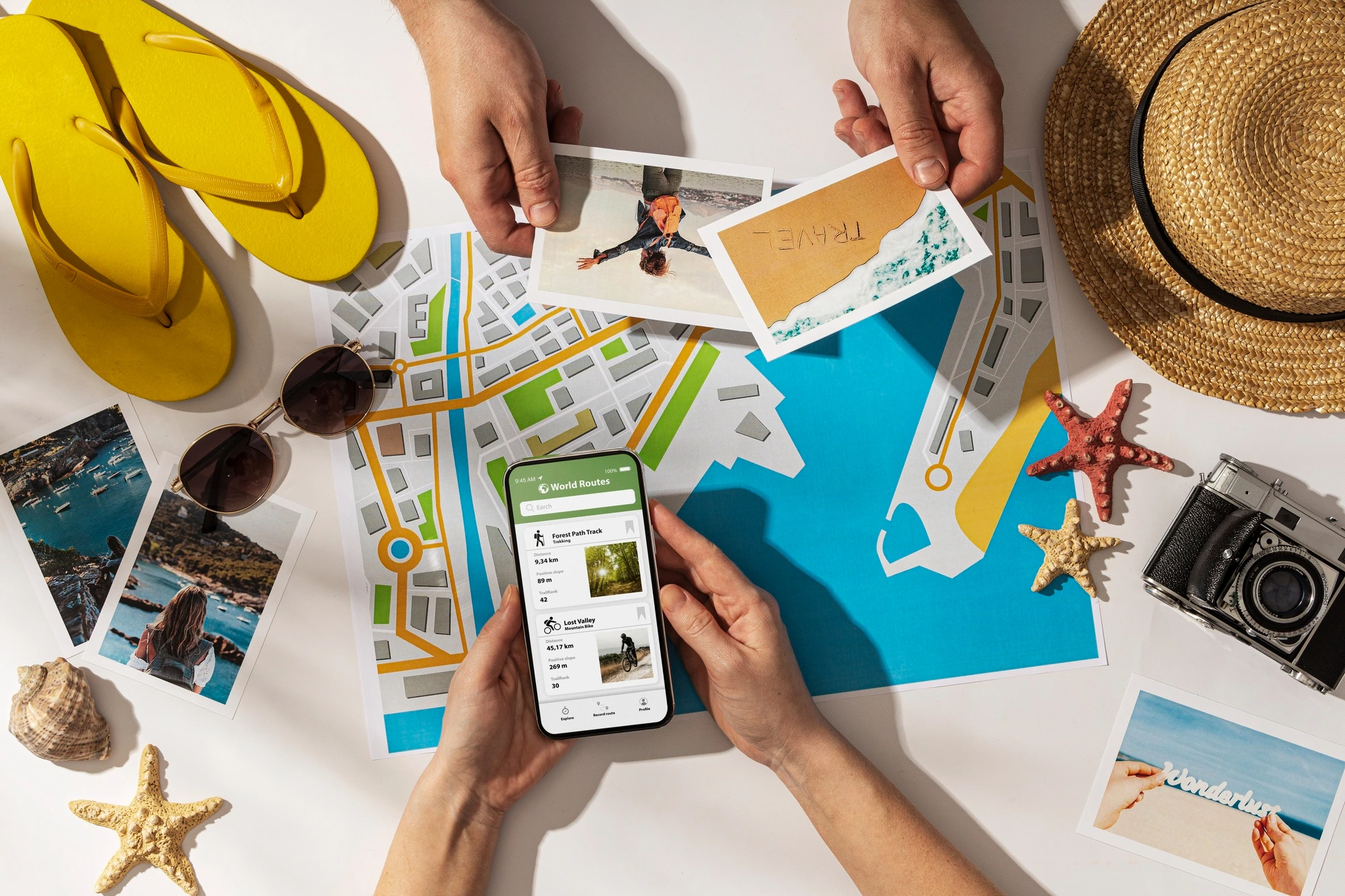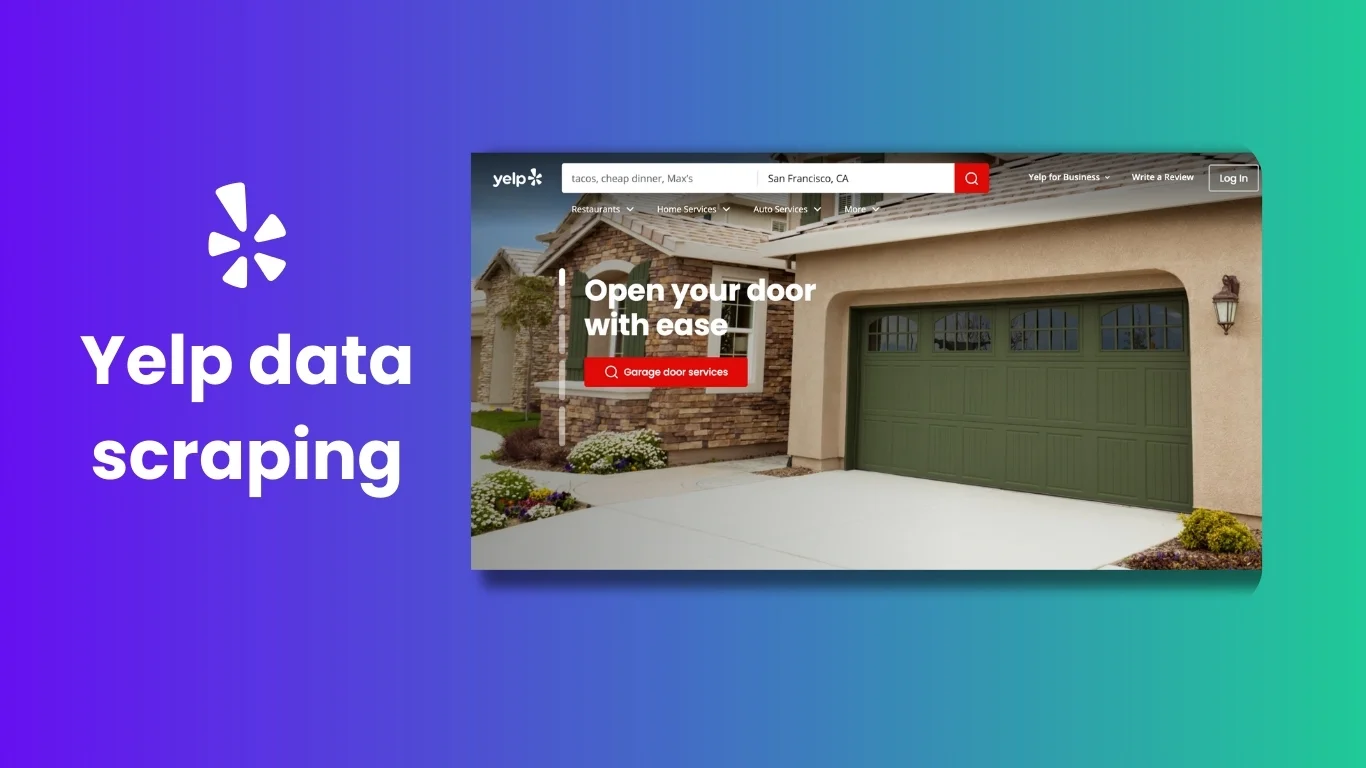If you’re running a boutique hotel, travel agency, or tour service, you may be wondering about the relevance of big data in your daily operations. The truth is, it’s more relevant than you might think.
Consider the numbers. The travel data analytics market, valued at $220 billion in 2022, is expected to leap to $350 billion by 2032. This isn’t a trend confined to the giants of the industry only — not anymore. Businesses of all sizes rely on information to anticipate market shifts and predict customer behavior. Those who choose not to use it risk falling behind. Thus, they miss opportunities to connect with their prospects and deliver the tailored experiences they crave. But there is more to this than that. Read how travel companies use data and what benefits they gain from that.
What is travel data analytics?
Data analytics in the travel industry involves collecting and analyzing information from various sources to better understand your customers and the market. This information may include:
- Demographics
- Flights
- Meals
- Destinations
- Preferences
- Transportation
- Booking activity
- Recommendations
- Reviews
Imagine Maria, a customer who just booked a trip to Bali through your travel agency. She left a review about the seamless booking experience and posted on social media about the upcoming trip. All of this — the booking, the review, the social media post — is data. By piecing it together, you get a glimpse into Maria’s preferences and satisfaction levels.
Now, multiply Maria by thousands. You notice, for example, a surge in bookings for Bali. This may hint to you that it might be time to negotiate deals with hotels there or offer special Bali tour packages. Or perhaps several reviews mention your user-friendly booking system. That’s a selling point to highlight in your next ad campaign.
Benefits of data analysis in the tourism industry
To analyze travel information, you may collect it from a wide range of sources. Whether it’s UGC (user generated content), device, or website data, you’ll get valuable insights you may want to use for:
- Personalized customer experience. Ever noticed how the best businesses make you feel like their most important customer? That’s personalization at work, and data analysis plays a key role in it. As you grasp customers’ preferences, travel history, and feedback, you can tailor your services to each individual. And this will lead to increased satisfaction and loyalty, for sure.
- Informed decision-making. Should you introduce new travel packages? Are your customers satisfied with your service? Which marketing strategies are yielding results? Data analysis in the tourism industry will provide you with factual answers to these questions. No more guesswork — rely on actual and quality information as you make critical business decisions.
- Predicted trends. Are there any shifts in customer behavior? What are the popular destinations among your prospects? What travel trends are now shaping the market? This foresight will empower you to proactively adjust your offerings and strategies. This way, letting you design extraordinary experiences that not just meet but exceed customer expectations.
- Operational efficiency. Data analysis isn’t just about customers and markets. It helps optimize internal operations as well. As you analyze data on resource utilization, employee performance, and process efficiency, you identify areas for improvement and increase productivity.

Cases of usage of big data analytics in the travel industry
Tighter revenue management
One of the most rewarding uses of big data travel industry is the ability to optimize your costs and more accurately predict revenues. Let’s say you operate a hotel chain. You use big data to analyze patterns in booking cancellations and no-shows. As you look at collected information, you’ll see when these events typically occur and why. With insights at hand, you’ll be able to adjust your booking policies or rates to minimize losses. For instance, if data shows a high rate of last-minute cancellations, you might introduce a non-refundable early booking discount to secure revenue.
More targeted strategic marketing
If you’re into marketing, you know that it can be difficult to get it right in the travel sector. Potential customers differ in who they are and what they crave. But with big data analytics in attractions and other domains, you’ll be able to take a more strategic approach to your effort, reaching the right people the right way. For instance, if you manage a travel agency, you can use data analytics to segment your customer pool based on past travel bookings. As you study information, you reveal that there is a group of customers who frequently book adventure holidays. Then, you are free to target its members with special offers for rock climbing or scuba diving packages, increasing the chances of conversions.
Better reputation management
You’ve got to know what you’re doing right and wrong in relation to your customers to manage your company’s brand image. The best way to do so is to collect and analyze data travel from social media, review sites, and other sources.
Let’s consider an example — a resort using data analytics to monitor customer reviews and feedback across various platforms. What’s in it for the business? It can quickly address any negative reviews, understand common complaints, and improve its services accordingly. For example, if multiple reviews mention slow check-in times, the resort can focus on streamlining this process.

Challenges of analytics in the travel industry
Most companies do not make use of 88% of the information they have at hand. This happens because not all organizations are aware of how to handle the challenges associated with big data.
- Data overload. Internet users create 328.77 million terabytes of data every day. Even though you do not necessarily need to analyze all the data sets across the web, you still have to handle the vast amount of information. And this may require sophisticated tools and expertise.
- Security. As we mentioned above, data is being generated at a phenomenal rate. It currently exceeds the capability to securely collect, process, store, and analyze information (without the use of advanced security tools and best practices).
- Legitimacy. Big data travel usually comes directly from websites or personal devices. While there are no laws that directly prohibit data collection, some sources may regulate what information you can collect and for what purpose. Thus, you need to ensure full compliance with GDPR, HIPAA, and other policies.
- Skill gap. Data analysis requires a specific set of skills. You need professionals who can interpret data and translate it into actionable business strategies. It can be difficult to find and retain such talent.
Conclusion
Analytics of data in the tourism sector is not just another technology that will be quickly replaced by another one. It’s a valuable tool that helps you better understand the market and your clients in general (existing and potential). The insights you get from big data tour serve as a solid foundation for a personalized approach and more precise predictions of what your customers want. At Nannostomus, we simplify big data analytics for travel businesses. We offer tailored solutions that turn raw information into valuable insights. Whether you’re a small boutique hotel or a large travel agency, Nannostomus is here to help you make informed decisions based on actionable information. Let us show you how we can help your tourism business gain an upper hand in the industry — schedule a brief call.




